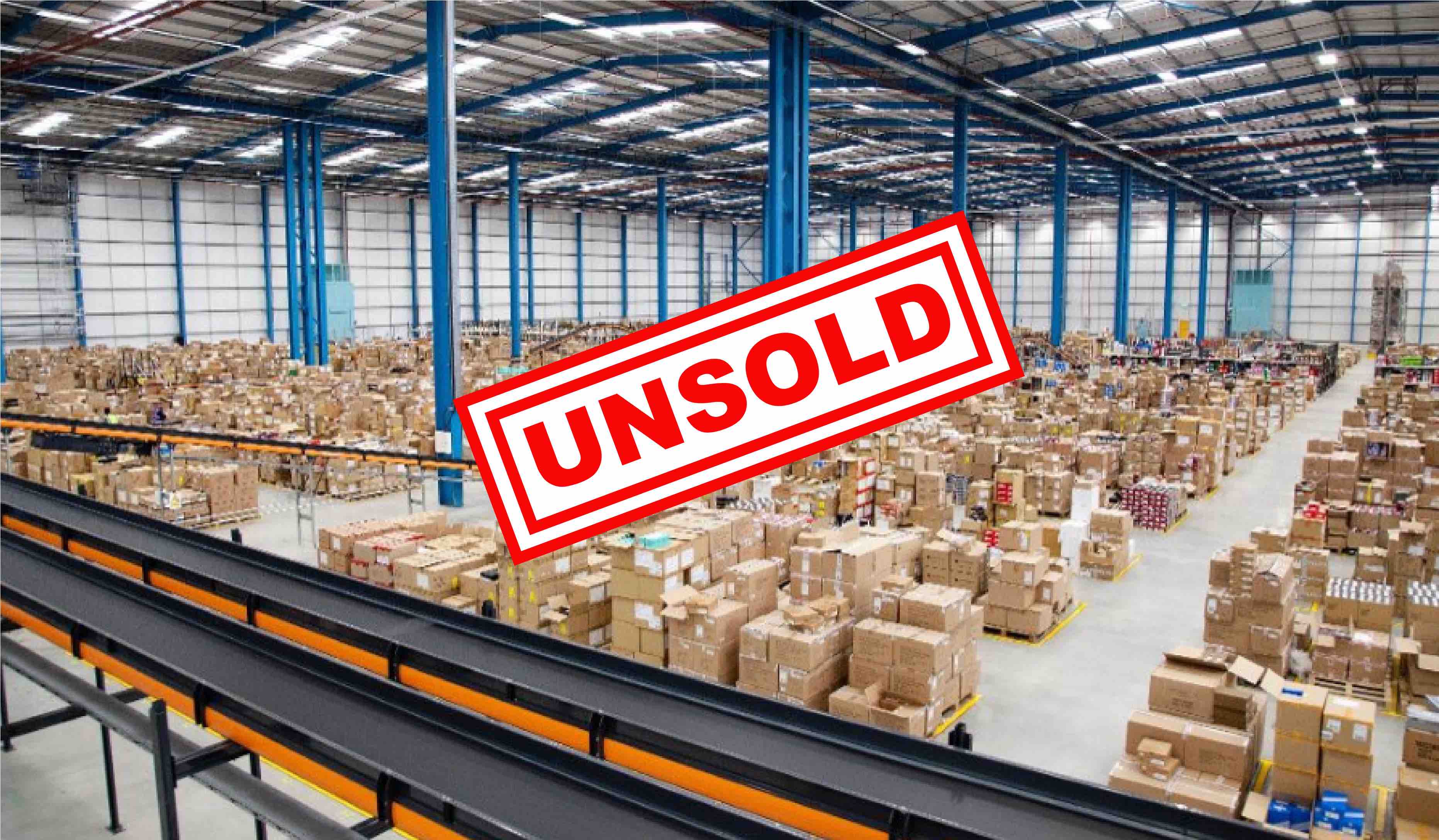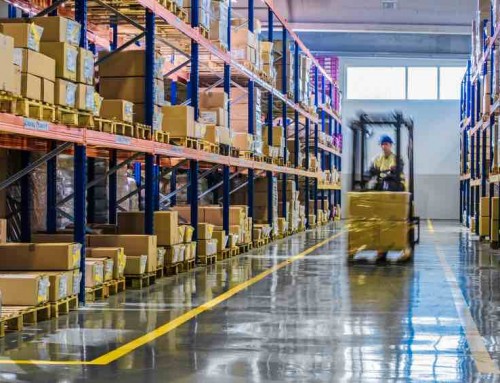How Much is Unsold Stock Costing Your Business?
Are you a wholesaler seeking to gain real-time visibility into your inventories, minimize stock wastage, and improve response times for customers? Your stock is a business asset. However, inefficient warehouse operations can turn it into a costly liability. The longer it stays unsold on the shelf, the more it accumulates unnecessary costs, eating into your profit margins! It may also unnecessarily tie up your cash and compromise core day-to-day operations.
A Business Management Solution (BMS), such as MYOB Advanced, which incorporates inventory control into your enterprise processes, can help run your warehouse more efficiently and profitably. Let’s first look at the challenges and potential costs of keeping unsold stock.
How Landed Costs Impact Your Bottom Line
Replenishing your inventories costs more than just the buying price. You may incur shipping costs and taxes as well as brokerage, logistics, and insurance fees. As an importer, expect to pay customs duties and tariffs too. All these are inventory costs that affect your profits. You may need to estimate them to the precision of a cent to inform your pricing strategy and avoid making losses.
Another problem is fluctuating exchange rates. These can change by the minute, making it difficult to track the exact cost of each overseas consignment.
MYOB Advanced lets you apply all landed costs to each task. It’s an integrated BMS, so the actual cost of each stock item is updated automatically through the entire system. It provides several ways to calculate the cost of stock in transit as well as in the warehouse. There’s no need to re-enter the information manually, and that minimizes human error. The system can also capture fluctuating exchange rates automatically, each day.
When you know how much it costs to ship and store each stock item, you can price it accordingly to make a profit. A BMS lets you do that at no significant costs.
Delivering to Customers on Demand
The inability to track demand compounds the problem of unsold stock costs. Overstocking may introduce unjustifiable insurance, storage, and labour costs, while understocking makes it difficult to satisfy customer requirements quickly enough. A BMS provides real-time visibility into the supply chain, letting wholesalers track demand as well as determine what’s available in the warehouse at any single time.
MYOB Advanced integrates sales with inventory to help manage customer expectations. When an inquiry or order comes through, the people at sales can look in the system and confirm the availability of the product in question. If the item is out of stock, a sales rep can see that in real-time too.
Do you have customers that request custom products? With MYOB, you can fulfil such orders quickly even if that means assembling components from multiple warehouse locations. The BMS can track the location and quantity of each part of a larger system or product. It helps push back the cost of putting together a finished system until a customer requests it.
Discover what’s new in MYOB Advanced 2018.1 – Distribution Module
Taking Care of the Variables in Your Warehouse
Efficient warehouse management requires real-time visibility into inventory variables and varieties. If you store perishable goods, you need to sell the older ones first and avoid loss due to expiry. MYOB Advanced captures products’ age and sale-by-date information, enabling traders to prioritize merchandise that’s approaching the end of its lifecycle.
Equally important, are you tracking what’s left of the petroleum, timber, or other inventories you’re selling by measurements such as volume, weight, or length? These products decline in amount or size with each sale, and monitoring them helps you minimize wastage and loss. The MYOB Advanced BMS lets you account for such stock items.
Predictive Analytics
MYOB Advanced harmonizes your CRM, sales solutions, and inventory control application. It lets personnel access the data required to study customer preferences and purchase patterns over an extended period. The analytics you derive from the BMS can help with your inventory planning. You can use the business intelligence to predict and satisfy demand by stocking the right items when and where they’re needed.
An integrated BMS provides the necessary supply chain visibility to minimize the cost of unsold stock and to maximize profits. At Leverage Technologies, we’re on call to help you implement MYOB Advanced for efficient stock control. Contact us today to learn how!




Leave A Comment